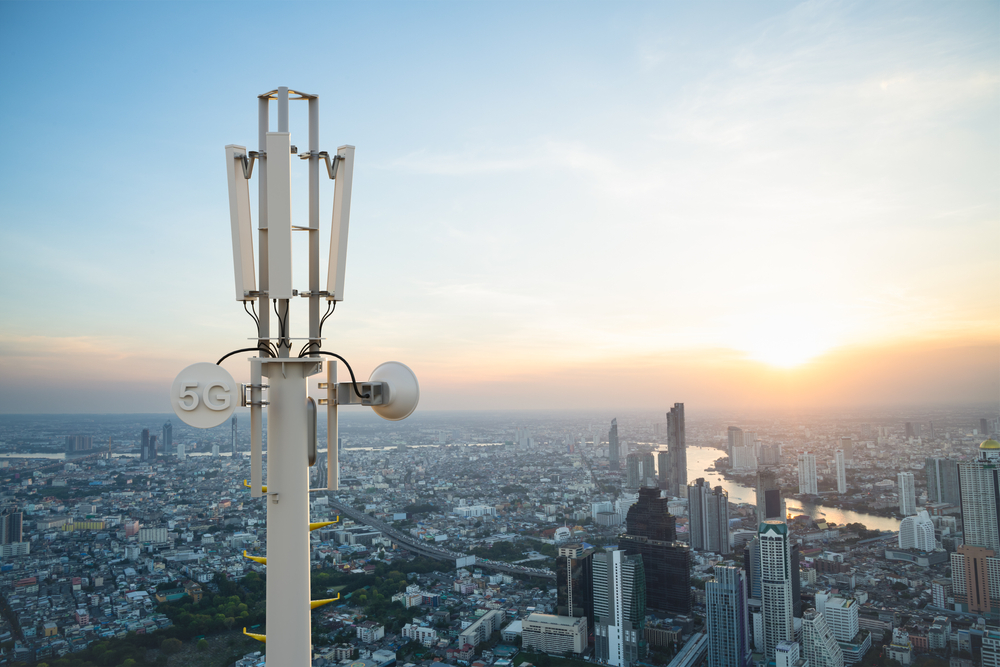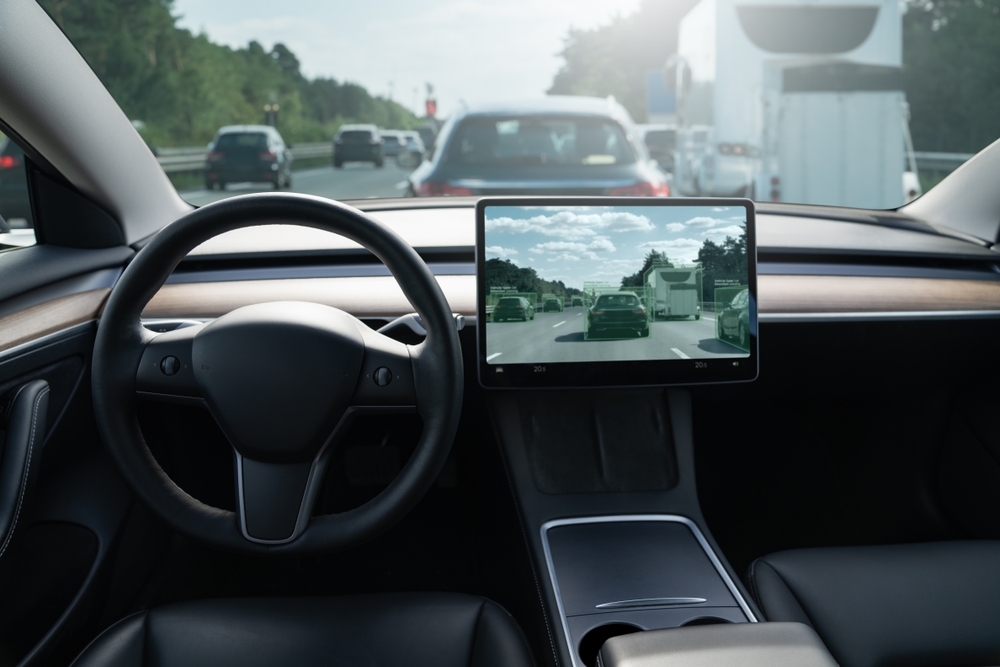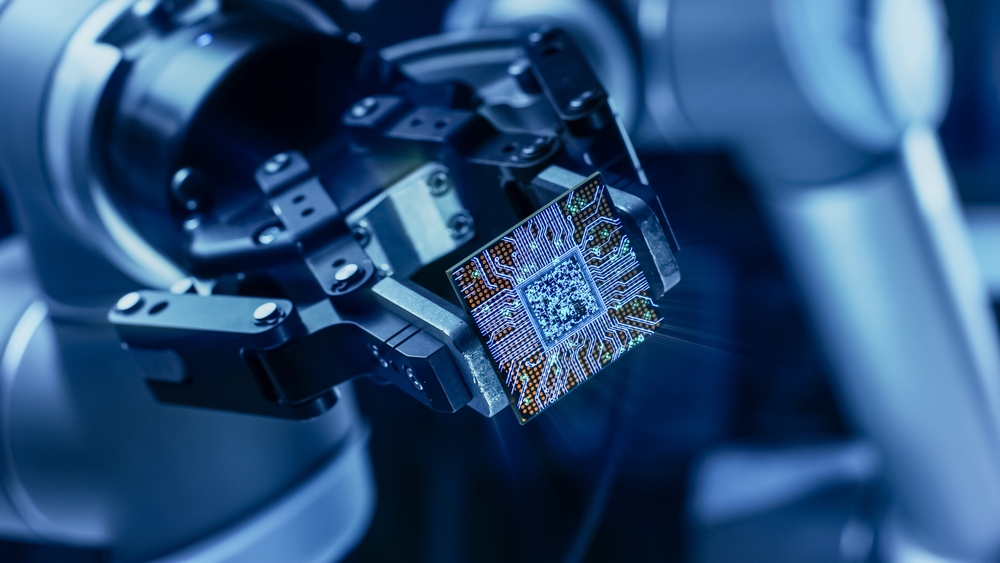The advent of 5G technology is set to revolutionize the way we connect and interact with the world. Offering faster speeds, lower latency, and more reliable connections, 5G is poised to impact various sectors significantly. This article explores the fundamentals of 5G, its potential applications, and the challenges it faces.
Basics of 5G Technology
5G, or fifth-generation wireless technology, promises to deliver speeds up to 100 times faster than 4G, with lower latency and increased capacity. It utilizes higher frequency bands, such as millimeter waves, and advanced technologies like Massive MIMO (Multiple Input Multiple Output) and beamforming to enhance data transmission and connectivity.

Enhanced Mobile Broadband
5G will significantly improve mobile broadband services, providing users with ultra-fast internet speeds and seamless streaming experiences. This will enable high-definition video streaming, augmented reality (AR), and virtual reality (VR) applications, transforming how we consume media and interact with digital content.
Internet of Things (IoT)
The low latency and high capacity of 5G will facilitate the growth of the Internet of Things (IoT). This technology will enable millions of connected devices to communicate and share data in real-time, leading to smarter homes, cities, and industries. Applications include smart appliances, autonomous vehicles, and industrial automation.
Autonomous Vehicles
5G technology is crucial for the development and deployment of autonomous vehicles. Its low latency ensures rapid communication between vehicles and infrastructure, enhancing safety and efficiency. Real-time data exchange will enable autonomous vehicles to make quick decisions, reducing the risk of accidents and improving traffic flow.

Healthcare Innovations
In healthcare, 5G will support telemedicine, remote surgery, and real-time patient monitoring. High-speed, reliable connections will allow doctors to perform surgeries from a distance using robotic systems, and enable continuous monitoring of patients’ vital signs, improving patient care and access to medical services.
Smart Cities
5G will play a pivotal role in the development of smart cities. It will enable efficient management of urban infrastructure through real-time data collection and analysis. Smart traffic lights, energy grids, and waste management systems will become more responsive and efficient, enhancing the quality of life for urban residents.
Industrial Automation
Industries will benefit from 5G through improved automation and real-time monitoring of manufacturing processes. Smart factories will leverage 5G to connect machines, robots, and sensors, optimizing production and reducing downtime. This will lead to increased efficiency and lower operational costs.

Enhanced Gaming Experiences
The gaming industry will experience a transformation with 5G, enabling cloud gaming and augmented reality experiences without lag. Gamers will enjoy high-quality graphics and seamless gameplay, regardless of their location. This will also open up new possibilities for multiplayer and interactive gaming experiences.
Educational Advancements
5G will revolutionize education by facilitating remote learning and virtual classrooms. Students will have access to high-quality video lectures, interactive learning materials, and virtual labs, regardless of their geographical location. This will enhance educational opportunities and accessibility for learners worldwide.
Challenges and Concerns
Despite its potential, 5G faces several challenges, including high deployment costs, regulatory hurdles, and security concerns. The rollout of 5G infrastructure requires significant investment in new equipment and technologies. Additionally, ensuring data security and privacy in a highly connected world will be a critical issue.

Future Prospects
The future of 5G technology is promising, with ongoing research and development aiming to overcome current challenges. As 5G networks become more widespread, we can expect continued innovation and new applications that will further integrate this technology into our daily lives, driving economic growth and improving overall connectivity.
Conclusion
5G technology is set to transform connectivity and various industries, offering unprecedented speeds and reliability. While challenges remain, the potential benefits of 5G are immense, paving the way for a more connected and efficient world. Embracing and understanding this technology will be crucial for individuals and businesses looking to stay ahead in an increasingly digital landscape.

